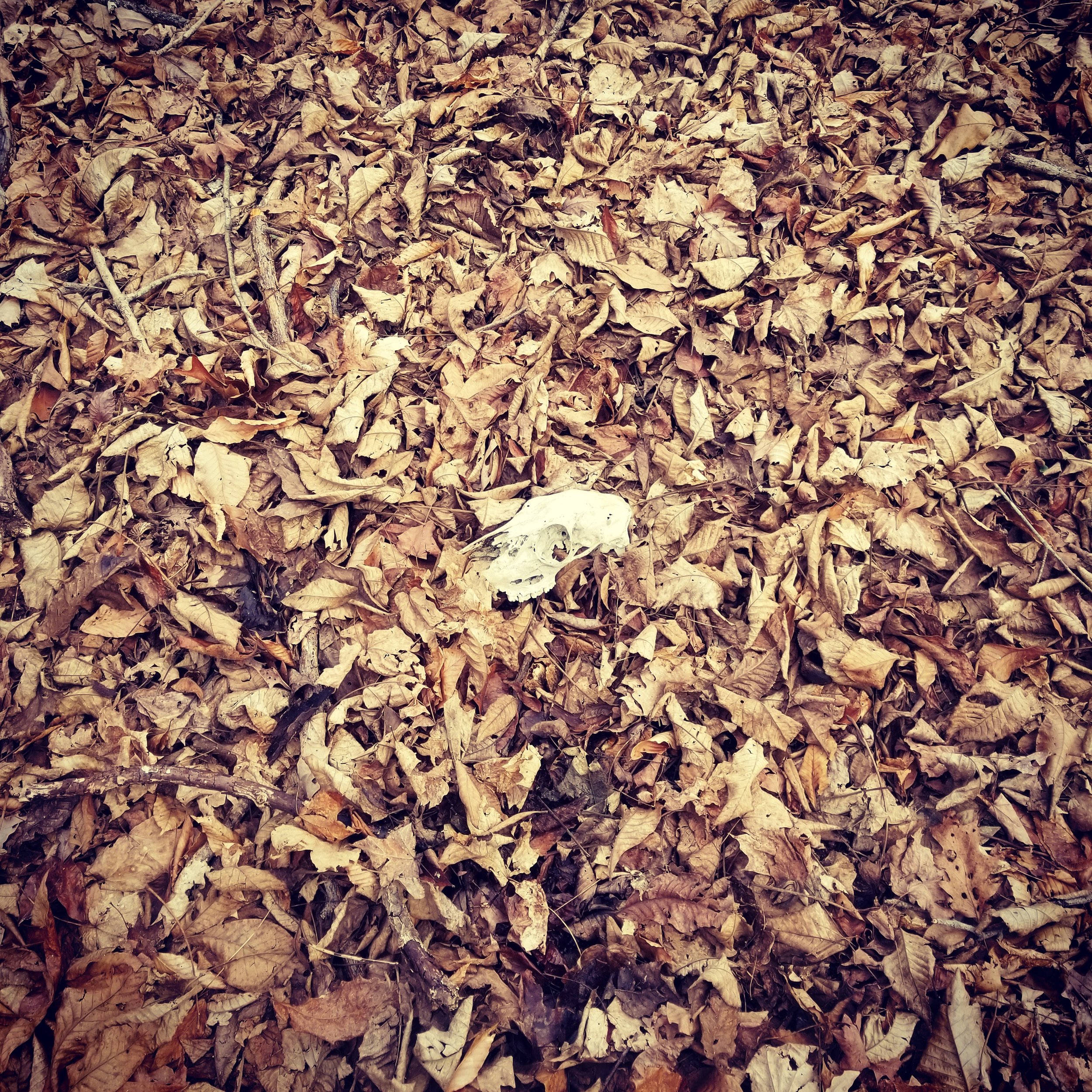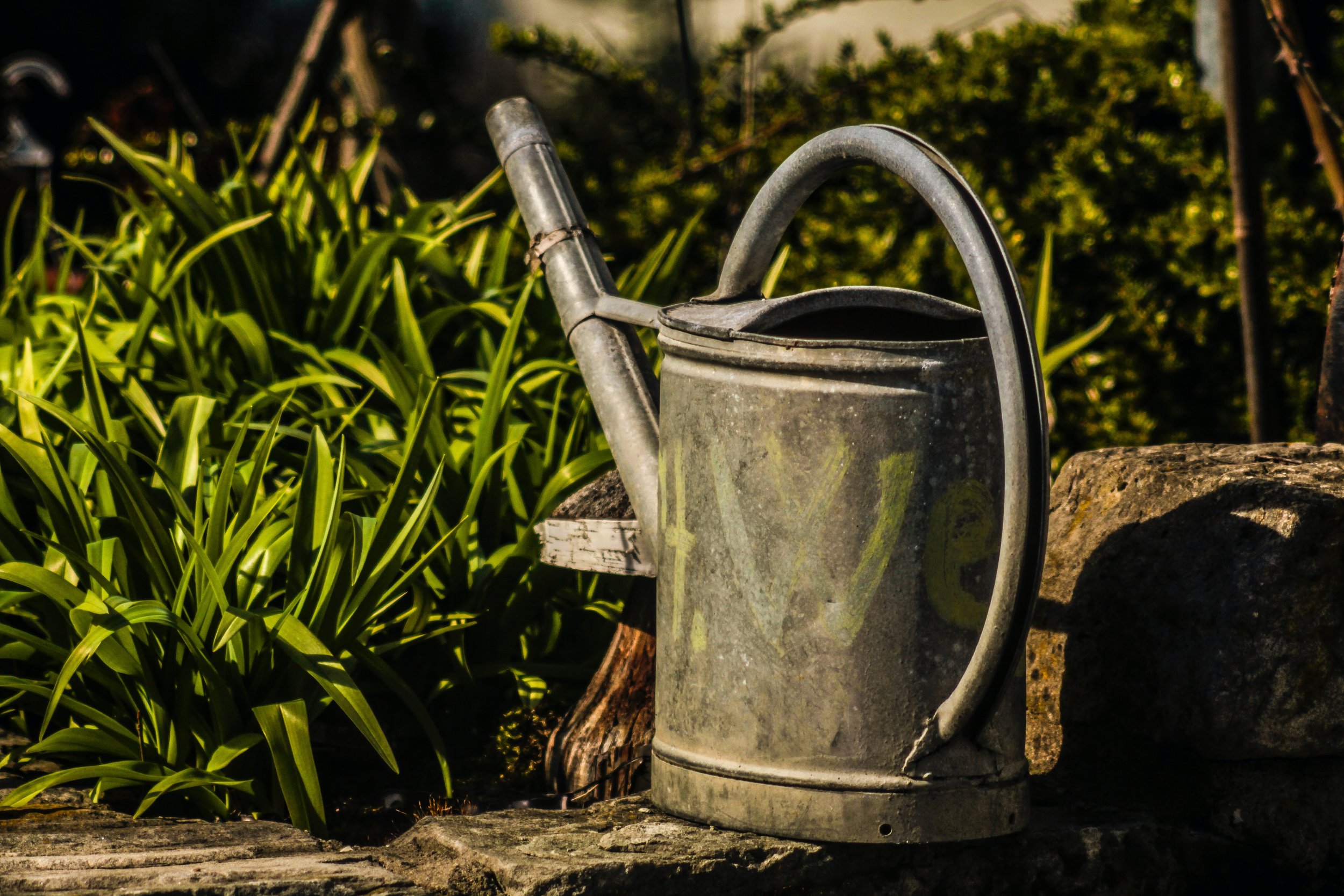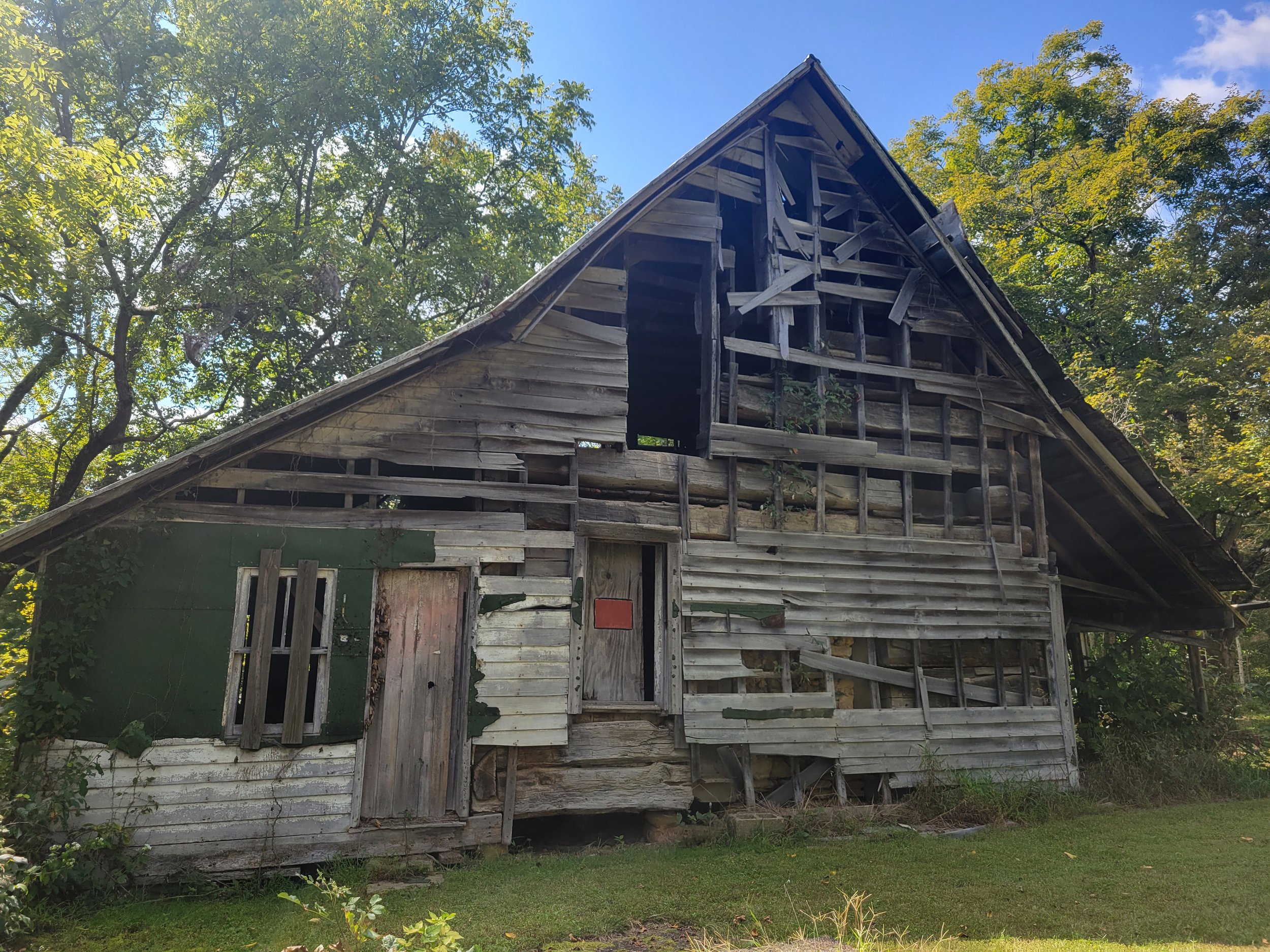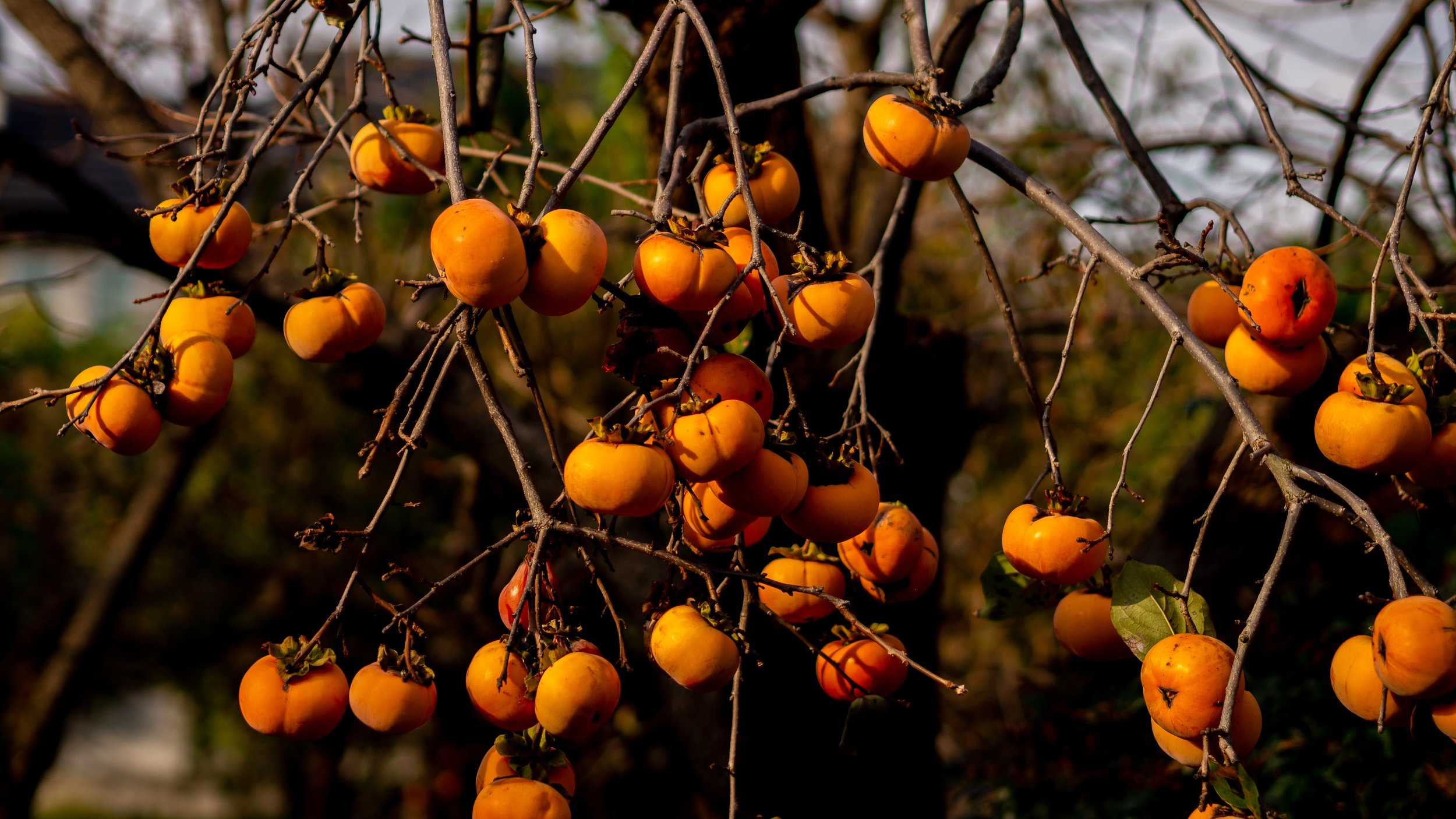X
The heat was another mountain that summer I was twelve, another something to be dealt with on the way to and from living. Michael and I lay shirtless in the clover, swatting at sweat bees and picking around for the four-leafers that our grandfather made seem so easy to find.
“There ain’t no damn way,” he said.
“It’s true.” I had seen Margaret Weston at the creek that morning, and she flashed me her white cotton panties from across the water, brave as a bull, and smiled.
“No way.” He squirmed around, lying on his stomach. I couldn’t tell if he was uncomfortable out of embarrassment, or had a hard-on, or what. Reading people has never been my long suit. “She’s too good for you.”
“The hell’s that s’posed ta mean, ya little shit? She aint no better’n any damn one else.” I spit hard at him, right between his shoulder blades, and he hollered and rolled instantly on to his back, wriggling around in the grass trying to scrape the hocker off, and I could see his shorts were swollen. I pointed and laughed. His tears were instant and he ran off to the house to tell mom, his favorite activity.
The beating that I caught from that one was different in that it was delivered by my mother herself. Usually she played judge and jury, our father the grim executioner. I had never heard some of the words that she used in describing poor Margaret before, as she laid into me with her wooden spoon, not even bothering with the ceremony of bending me over a chair, going at my head and hands, neck and chest, and particularly the groin, but I tried resolutely to remember them and their context for later use.
About a week later we were taking some tall grass for hay in the long meadow, Mother scowling from her perch atop the tractor, Michael and I baling away behind. As she turned to make another pass by us, I lay down across her path, just my feet protruding into the cut grass from the tall. Michael saw and started yelling, barely audible over the din of the motor. She slowed to a stop just a foot or so from my head, practically screeching “What in all hell’s gotten into you, boy? What’s the GOD DAMN MATTER with you?” She dismounted and ran around to my side in the tall grass, kicking at my ribs and screaming “Git UP!” and threatening the brimstone violence of my father. But I figured he was tired of beating us, maybe. When she bent down to pull me up by the arm I swung the large rock I had pocketed that morning, catching her solidly on the temple. She went limp and silent on top of me, and I had to slide out from under. Michael looked on, stunned mute. I climbed behind the wheel of the tractor and released the brake, lowered the blades, and eased out the clutch. When I felt the rear tires bump over her I jumped clear of the machine and let it continue rolling toward the trees at the far end of the meadow. I walked back to Michael where he sat blank and wordless in the fresh crimson stubble. “If you ever say a word about this, I swear to God, I’ll do this to Dad, too. And Frederick. And William. And I will save you for fucking last.” Then I ran like hell over the rise toward the house, working up tears as I ran, to tell of the horrible accident, how Michael had fallen in the path of the tractor, that mother tried to help him and the handbrake must’ve slipped again, how she threw him aside and he barely survived. From then on, until he went to that hospital down in Phillipi, Michael never said a word. About anything. The only reaction I could ever get out of him was when I’d sit up in that tall tractor, grinning over the wheel, and wink down at him.
XI
I awoke to the smell of the bone pile choking me, vomit filling my mouth and nearly aspirating my lungs, violently gagging and heaving as I thrashed my head to the side, but there was strangely no sound save the splash of bile on the rock at my back. There was pain in my throat, my face, unbelievable pain, crushing and searing at the same time.
My body tried to cry out, but again no sound would come. I looked up at the sky through the bars of the iron grate and remembered that in my desire to spend our last hours together I had kept Helen conscious for her preparations, and so she would have learned to not only slice the vocal cords but to remove the tongue and lips as well. Stripped naked and chained to the stone I felt the slow trickle of water running down my spine, along the back of my thighs, and turning my head away from the vomit looked directly into the eye sockets of my own father’s skull. To my other side lay Duncan’s broken body, cut through the belly and slowly bled dry. The involuntary hissing sounds emanating from my face intensified. I could hear them like a distant stream, unconnected to any apparent source.
Helen appeared and knelt on the grate, holding my pistol in her remaining hand. She leaned forward so that her disfigured face was directly above mine, our eyes locked in synchronistic oblivion, soundlessly, for what felt like hours, the words “JACOB BAXTER DID THIS” written on her truncated arm in black permanent marker. I tried in vain to plead with her, to say her name once more, to scream for help. She only looked more deeply into my eyes and slowly shook her head. In time she raised the pistol slowly to her temple and ended the long silence, her blood pouring through the grate and filling my eyes, running along my cheeks and into my ears. I knew already what had to be done and set about pulling my wrist up toward my mouth. I worked briefly at it, my jaw making the right motions and wet suckling sounds in the blood, but getting nowhere, and I suddenly had an image of a baby trying to eat an ear of buttered corn. I began to chuckle, and the chuckle grew to uncontrollable laughter, but the only sound was a staccato hissing from my ruined head, from which Helen Cooke had cleverly removed the teeth.
----
Tune in to Dispatches Every Sunday to Continue Reading “The Kindness of Strangers” by Lou Poster.
Start from the beginning of “The Kindness of Strangers” on SVJ’s Features.
This is Lou’s first published piece.
----
Lou Poster is a Native West Virginian, current resident of the poorest county in Ohio. Appalachian songwriter/singer/storyteller. Son of a third-generation coal miner.



















